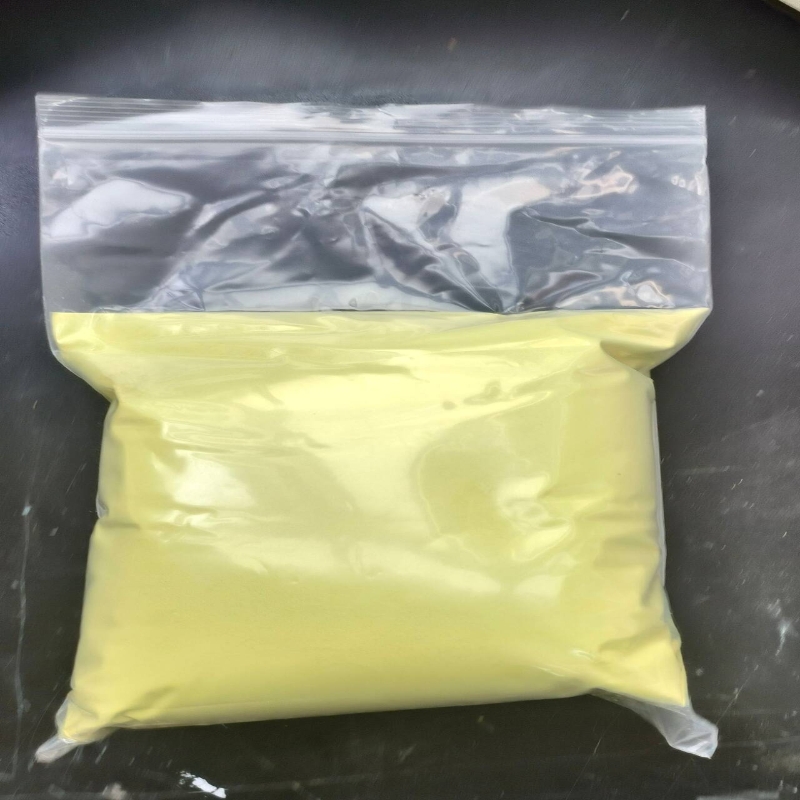-
Categories
-
Pharmaceutical Intermediates
-
Active Pharmaceutical Ingredients
-
Food Additives
- Industrial Coatings
- Agrochemicals
- Dyes and Pigments
- Surfactant
- Flavors and Fragrances
- Chemical Reagents
- Catalyst and Auxiliary
- Natural Products
- Inorganic Chemistry
-
Organic Chemistry
-
Biochemical Engineering
- Analytical Chemistry
- Cosmetic Ingredient
-
Pharmaceutical Intermediates
Promotion
ECHEMI Mall
Wholesale
Weekly Price
Exhibition
News
-
Trade Service
The niacinamide adenine dinucleotide, referred to simply as NAD, is a key metabolite of cell energy metabolism and a star in the field of anti-aging in recent years.
studies have shown that, as we age, the level of NAD-plus in animals decays systematically and is associated with a series of pathological changes associated with aging.
, many people try to slow down aging by supplementing NAD plus.
despite the spawning of many so-called health products, there is not enough scientific explanation for why NAD-plus levels decline with aging.
recently, two studies published in the latest issue of Nature Metabolism, a sub-issue of Nature, reveal important reasons for this.
Verdin, senior scientist at the Buck Institute for Aging and a senior scientist who led one of the studies, said the findings "provide us with new targets for therapeutic interventions".
while NAD-plus levels are known to decline with age, in Professor Verdin's view, there is an important question that is not clear: is the decline mainly due to reduced production or increased consumption? He used less water in the sink to make an example: is it less water coming out of the tap, or is the water leak in the sink causing more drainage? "Our data suggest that, at least in some cases, the problem is caused by a leak in the sink.
," he said, "so I think rehydration can be part of the solution, but if you don't deal with the leak, it won't solve the problem."
study, two papers back-to-back found the cause of the leak and proposed solutions.
researchers analyzed visceral fat and liver in older mice and found that these metabolic tissues showed a state of chronic inflammation in which immune cells were widely activated, particularly in the accumulation of inflammatory macrophages.
these macrophages express CD38 molecules in large numbers.
CD38, which is highly active with extracellulase, participates in nucleotide metabolism with NAD plus as the reactive substrate, thereby consuming NAD plus in the tissue.
further analysis showed that the increase of CD38-positive immune cells was closely related to senescent cells.
the production of aging cells is an important feature of aging, they stop growth and division, and no longer function properly, but will secrete a variety of inflammatory proteins.
phenomenon is known to scientists as the aging-related secretion esopaedic esopaedic (SASP).
with the accumulation of senescing cells, SASP causes mild and chronic inflammation.
"We found that these inflammatory proteins induce macrophage proliferation and make them express CD38, which in turn consumes NAD-plus."
, lead author of the first study, said, "So drugs that target SASP or CD38 may be used as a response to the decline in NAD-plus."
in the second paper, the researchers also showed that CD38, expressed by immune cells, mediates the relationship between THED-plus decline and chronic inflammation, and experimentally verifies that blocking CD38 activity in older animals can restore THE ACTIVITy in specific tissues.
team used Teneobio's specific antibody targeting CD38 to block the activity of CD38's extracellase.
study showed that the levels of NAD plus and its preluannautrin mononucleotide (NMN) in older mice increased and energy metabolism levels were restored.
Dr Wim van Schooten, chief scientific officer at Teneobio, who was involved in the study, said: "Restoring the level of NAD-plus, which is reduced by inflammation, may be an effective strategy for treating aging-related diseases such as fibrosis and metabolic disorders.
" they plan to use the new anti-CD38 antibody in clinical trials in 2021.
in this age of aging, aging has brought great burden to society.
scientists' understanding of the mechanisms of aging can be translated into anti-aging therapies that will ultimately really help us stop the damage aging can do to our health.
references to the film, Anthony J. Covarrubias et al., (2020) Senescent cells promote tissue NAD-decline age age via activation of CD38-macrophages. Nature Metabolism. DOI: 10.1038/s42255-020-00305-3[2] Claudia C. S. Chini et al., (2020) CD38 ecto-enzyme in immune cells is induced during aging and regulates NAD+ and NMN levels. Nature Metabolism. Doi: Chronic inflammation causes a reduction in NAD+. Retrieved Nov. 17, 2020, from TeneoFour’s CD38 Inhibitor Rejuvenates Energy Metabolism of Aged Animals. Retrieved Nov. 17, 2020, from




![2-(Hydroxymethyl)benzo[b]thiophene](https://file.echemi.com/fileManage/upload/cas/593/e79a972f-b55d-4dc1-9113-841c417e0a89.png)


